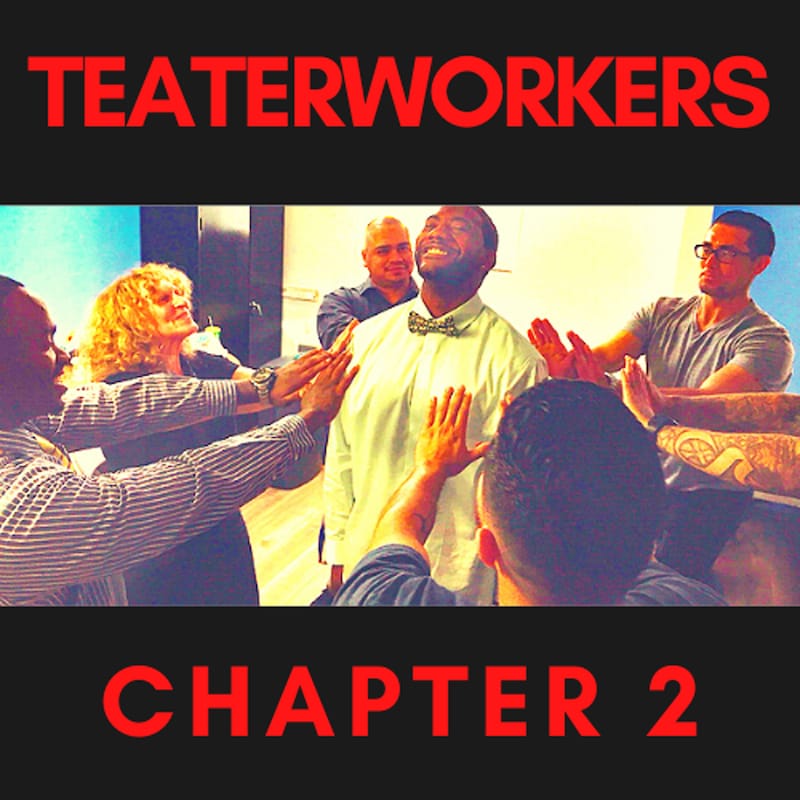
60: Susie Tanner: When Steelworkers Became Activist Artists— And What It Taught Us About Dignity, Loss, and Change – Part 2
JUSTICE ARTS
Episode 60 •
23rd November 2022 • ART IS CHANGE: Strategies & Skills for Activist Artists & Cultural Organizers • Bill Cleveland
00:00:00
00:30:18
More Episodes
60.
60: Susie Tanner: When Steelworkers Became Activist Artists— And What It Taught Us About Dignity, Loss, and Change – Part 2
87.
87: BIGhART – BIGsTORY: Skateboarding, Storytelling, & Environmental Justice – How Artist Activists Are Thriving and Driving Social Change – Part 2
39. bonus
39: Beth Thielen: LOVE AND FREEDOM: Our Most Imaginative Activist Artists Are Locked in Prison
30.
30: From Judy Chicago to Juvenile Halls: How One Activist Artist Facilitated Radical Change Through Creativity



